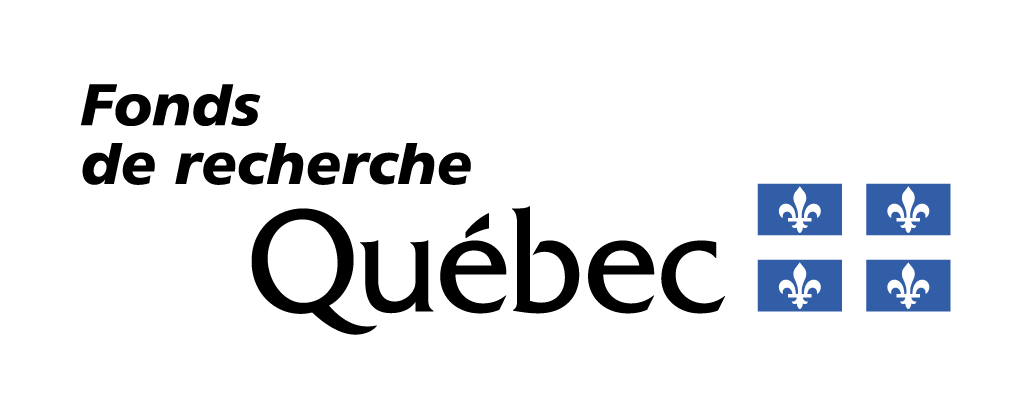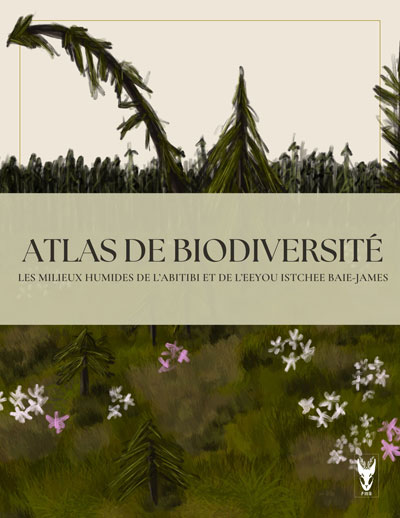
Sudha Ghimire
Master Student
Université du Québec en Abitibi-Témiscamingue (UQAT), Rouyn-Noranda, QC, Canada
How are the diversity and composition of understorey plant communities affected by the multiple disturbances?
Directeur: Nicole Fenton
Codirecteur: Osvaldo Valeria
CURRENT RESEARCH THEME
Boreal forests, renowned for their rich biodiversity, are largely supported by understorey plants, which play a vital role in maintaining soil stability, carbon sequestration, nutrient cycling, and moisture regulation. However, these plants are increasingly threatened by multiple, often simultaneous disturbances. This study explores the impacts of interacting disturbances on understorey plants in Quebec’s Abitibi-Lowlands and Lake Matagami regions by integrating pre-existing datasets with additional field data. Using stratified sampling techniques, sampling plots were laid onto the core and buffer zones of six disturbance types: forest fires, insect (spruce budworm and tent caterpillar), harvesting, mining, roads, and transmission lines to get direct and indirect effects on plant communities across different ecosystem types. Within each 5m × 10m plot, ecosystem type, canopy density, dominant tree species, organic layer thickness, and soil texture were recorded. Bryophytes were sampled from microhabitats (tree bases, roots, dead wood, rocks) using the floristic habitat sampling technique, while vascular plants were sampled from 1m × 1m quadrats placed randomly within the plot. A generalized linear model with quasi-Poisson regression, with disturbance number and plant type as predictors, showed that liverwort and moss richness decreased with the increasing number of direct disturbances; however, vascular plants had a positive response. Within the buffer zones of disturbances, the richness of vascular plants showed a decreasing pattern while no consistent trend was found for liverwort and moss. These findings highlight the differential responses of understorey plants to disturbances, emphasizing the need for tailored conservation strategies. To achieve sustainable forest management goals, we recommend considering cumulative disturbance effects in management practices and adopting landscape-level planning to conserve understory communities in the face of changing disturbance regimes.
ACADEMICS
- Master's Degree in Ecology and Management of Forest Ecosystems. University of Quebec in Abitibi-Témiscamingue (UQAT), Rouyn-Noranda, QC, Canada (2023 - to date).
- Bachelor's Degree in Forestry. Institute of Forestry (IOF), Tribhuvan University (TU), Pokhara, Nepal (2019).
PROFESSIONAL EXPERIENCES
- Para-Academic Student Position. Forest Research Institute (IRF), UQAT, Quebec, Canada(2023-2024).
- Ministry of Industry, Tourism, Forest and Environment. Karnali Province, Nepal (2020-2022).
PUBLICATIONS/ NEWSLETTER
- Ghimire, S., Fenton, N. and Valeria, O., 2024.Response of Understorey Flora to Disturbance Synergies.
 In The Canadian Botanical Association Bulletin, 57(2), pp.6-8.
In The Canadian Botanical Association Bulletin, 57(2), pp.6-8.
- Subedi, B., Stewart, A.B., Neupane, B., Ghimire, S. and Adhikari, H., 2021.Butterfly species diversity and their floral preferences in the Rupa Wetland of Nepal.
 In Ecology and Evolution, 11(5), pp.2086-2099.
In Ecology and Evolution, 11(5), pp.2086-2099.
POSTER PRESANTATIONS
- Ghimire, S., Fenton, N. and Valeria, O., 2024 Synergistic Effects of Multiple Disturbances on Understorey Vegetation in Boreal Ecosystems
 . 26th Colloque CAFD. November 2024.
. 26th Colloque CAFD. November 2024.
- Ghimire, S., Fenton, N. and Valeria, O., 2024 Identifying the effects of multiple disturbances and their interaction on understorey plant communities in the boreal forest
 . 17th Annual CEF conference. May 2024.
. 17th Annual CEF conference. May 2024.
- Ghimire, S., Fenton, N. and Valeria, O., 2024 Are understorey plant communities affected by the interaction of multiple disturbances
 . 25th Colloque CAFD. November 2023.
. 25th Colloque CAFD. November 2023.
MEMBERSHIP
- Institut de Recherche sur les Forêts (IRF, UQAT)
- Centre d'étude de la forêt (CEF)
- Chaire UQAT-UQAM en aménagement forestier durable (CAFD)
- Canadian Botanical Association (CBA)
- Industrial Research Chair on Biodiversity in a Mining Context (BCM)
- Executive member of Forest for Transformation (FFT), Nepal
- Nepal Forester’s Association (NFA), Nepal
LANGUAGES
- Nepali [Native or bilingual proficiency]
- English [Professional working proficiency]
- Hindi [Professional working proficiency]
- French [Elementary proficiency]










